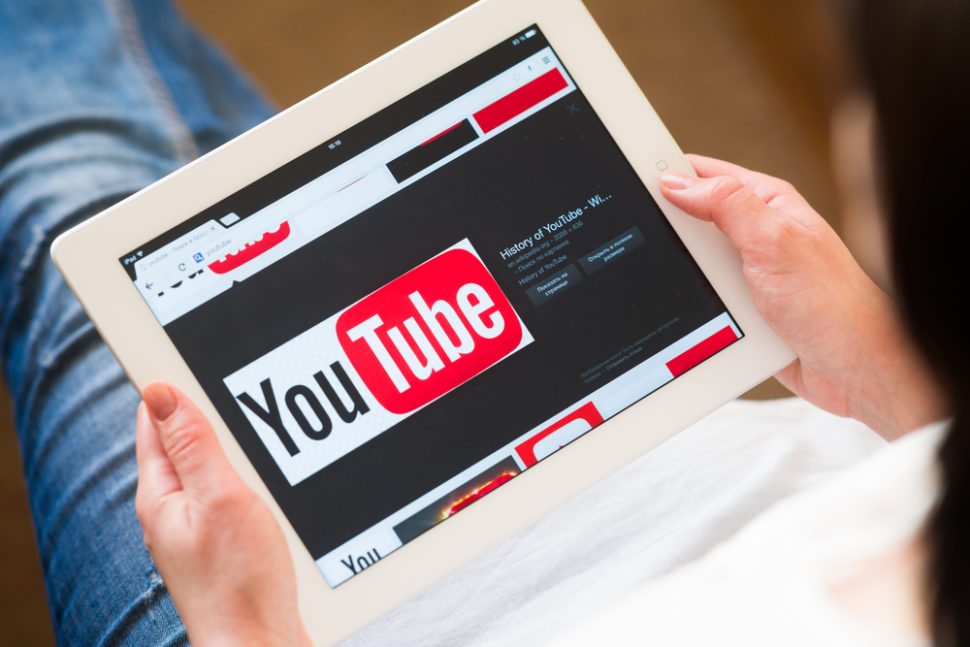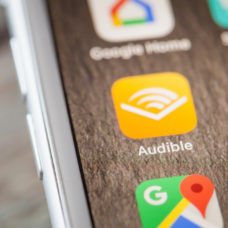YouTube has decided to change how it handles copyright claims, which involves unintentional or brief clips of music in videos. While the video streaming platform’s decision was made to be fairer to video creators, it could also lead to more videos being blocked.
Creators on Youtube and record labels are constantly facing copyright claim challenges. Mostly, this occurs when snippets of music appear momentarily in the background.
For example, lyrics from the radio of a passing car could make its way into a video, and the music owner would file a manual claim.
In recent months, the manually filed copyright claims had increased more than usual. “We’ve been noticing this trend of more aggressive manual claiming,” says YouTube’s director of creator product management, David Rosenstein to The Verge.
Although the new YouTube rule doesn’t stop the claim from happening, it does discourage it by removing a key incentive – the ability to make money.
Now, when record labels file a copyright claim for unintentional or very short clips of music, the rights holder can no longer make money off the video ads. Instead, the claimant would have options.
They could leave the video up, block the creator from making money, or block the video entirely. Since the new rules apply to only audio copyright claims, short video clips are not covered.
The video streaming platform wrote in a blog post:
“We acknowledge that these changes may result in more blocked content in the near-term, but we feel this is an important step toward striking the right balance over the long-term.”
The Problem With YouTube’s New Rule on Copyright Claims
YouTube hopes that by removing the monetary incentive from these accidental slips, it would discourage record labels from bothering them. That way, the manual copyright claims would reduce, and the music owners would leave the creators alone.
The problem is, there’s no way of guaranteeing this result. While record labels may not be able to monetize their claims any longer, they could choose to block the videos entirely.
Whatever the case may be, the new policy is a welcome development for YouTubers that have lost thousands of dollars to copyright claims.



















Comments (0)
Most Recent